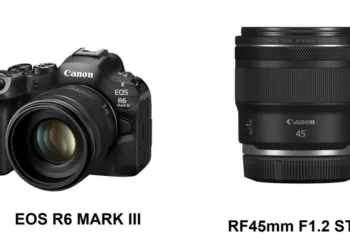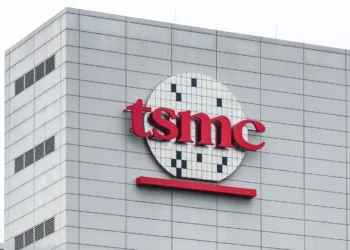APISAK has identified a few Raptor Lake engineering samples (ES) on UserBenchmark, providing individual bench results that, if sustained and replicated on a more trustworthy benchmark, might shake the competition.
This report will not compare the two Intel 13th-generation processors to any Ryzen 7000 Zen 4 competitors because it has already been established that the heavily criticised synthetic benchmark site has a significant beef with AMD. Instead, it will solely focus on the promising results produced by the two 13th-generation Intel processors.

The results that APISAK has highlighted are highly impressive, and they are made even more astounding by the fact that they were produced by engineering samples with the UserBenchmark designation “Intel 0000.” The Raptor Lake chips can be distinguished by their configurations, with one having 16 cores and 24 threads and the other appearing to have 8 cores and 8 threads, however this may be a mistake given its impressive test results.
Even though the previous Raptor Lake chip produced a gigantic 130% bench with a base speed of 2.6 GHz and an average turbo rate of 5.15 GHz, it was surpassed by the latter processor.
According to the site’s average bench chart, the “8-core, 8-thread” Intel 0000 engineering sample recorded a bench of 134% in this particular run, significantly higher than any other Intel part, with the Intel Core i9-12900KS now in second place at 116% (behind the AMD Ryzen 5 7600X at 117%).

Team Blue undoubtedly has a processing monster on its hands because the 1-core, 2-core, 3-core, and 4-core scores of this boosted Raptor Lake sample are all higher than the highest values noted out of 1,416 Intel Core i9-12900KS sample testing.

The entry for the Intel 0000 component includes five samples with three different core/thread combinations and various clock speeds that range from as low as 0.8 GHz to as high as 5.6 GHz. Clearly, UserBenchmark will need to clean this up once more samples are evaluated.
The Raptor Lake page now shows an average bench score of 115%, which, while still impressive, does not accurately reflect the astounding performance promise that Intel seems to be preparing with its 13th-generation processors. Another benchmark leak suggests that Raptor Lake vs. Zen 4 (Ryzen 7000) will be a matchup to remember.
Also read:








